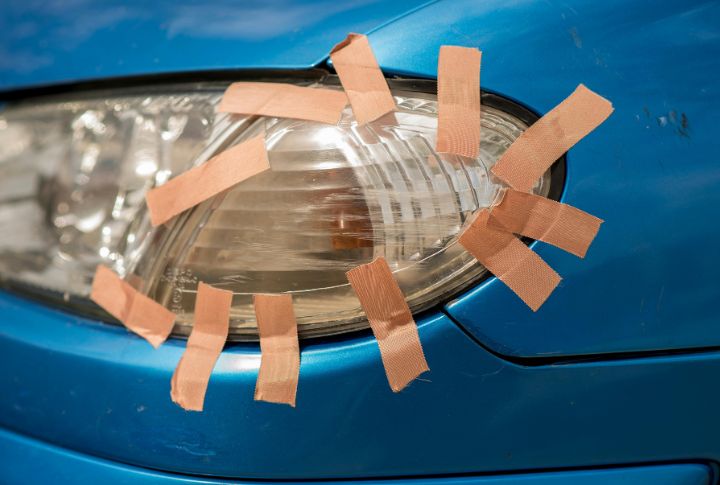
Not every shortcut is the express lane to success. While life hacks promise quick solutions to everyday problems, they also sometimes miss the mark—spectacularly. What starts as a clever fix can easily spiral into an unexpected headache. From kitchen tips gone wrong to cleaning disasters, these examples prove that sometimes, doing it the “hard way” is the only safe bet.
Toothpaste for Scratch Repair

Scrubbing toothpaste on scratched phone screens seems harmless, but it can make matters worse. Abrasive toothpaste may damage coatings and leave your screen cloudier than before. Replacing scratches with a blurry mess isn’t exactly a win. Stick to proper screen polish or, better yet, a protective case for fewer regrets.
Vinegar as a Universal Cleaner
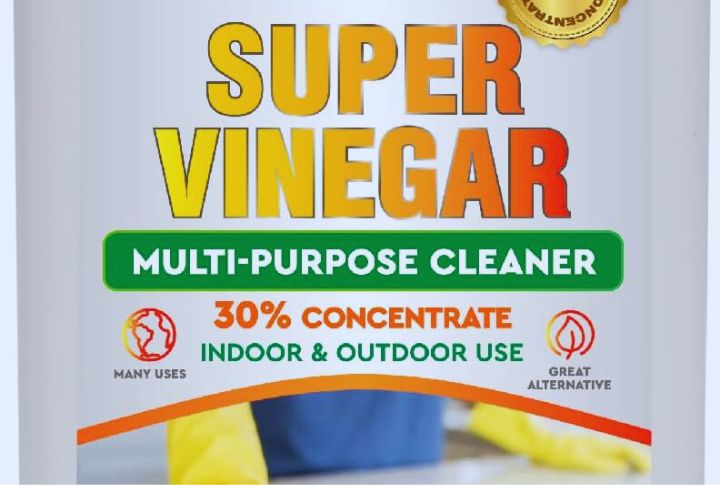
Vinegar’s versatility is impressive—until it isn’t. Used on granite or marble countertops, the acidic nature of vinegar eats away at the stone’s surface to dull its shine permanently. What starts as an eco-friendly cleaner can morph into an expensive restoration job. Some materials just don’t appreciate being “naturally” cleaned.
Rubbing Alcohol for Stain Removal
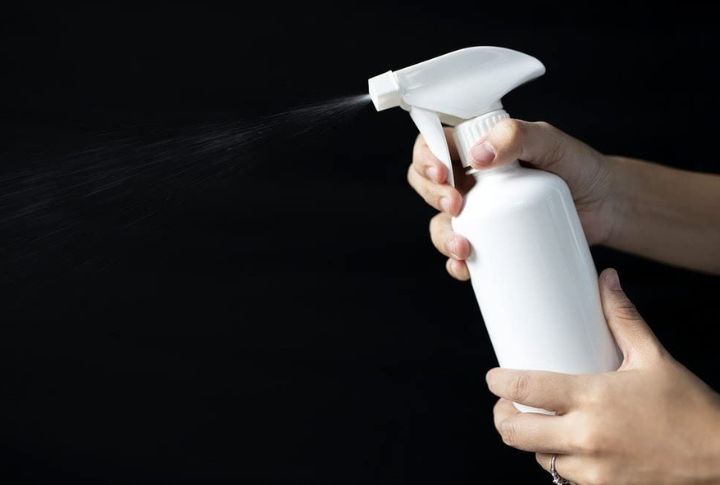
It’s tempting to grab rubbing alcohol to tackle stubborn stains on delicate fabrics. But before you proceed with this “quick fix,” know that it can strip colors or damage fibers. While the stain may vanish, you might be left with a faded or brittle patch. Test on an inconspicuous area first—or risk saying goodbye to your favorite shirt.
Hair Conditioner as Shaving Cream
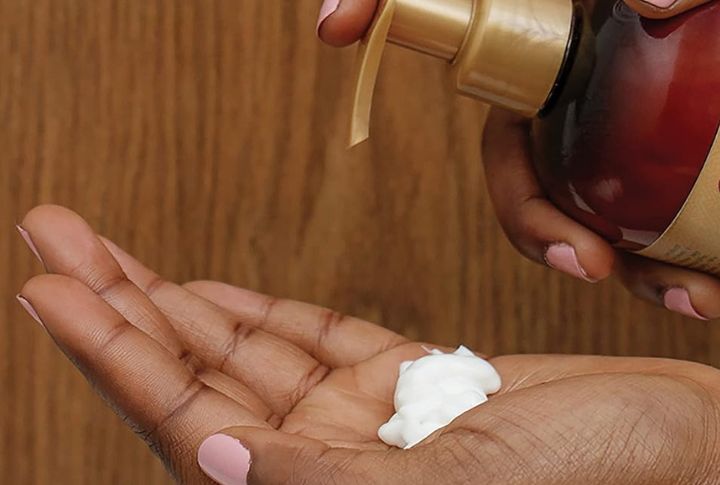
Replacing shaving cream with a hair conditioner displays resourcefulness while lacking skin-friendliness. Conditioners can clog razors and leave a residue that irritates sensitive skin. Shaving bumps and dull blades aren’t worth the trade-off for convenience. Keep the conditioner for your hair and let shaving cream do its job.
Freezing Jeans Instead of Washing Them
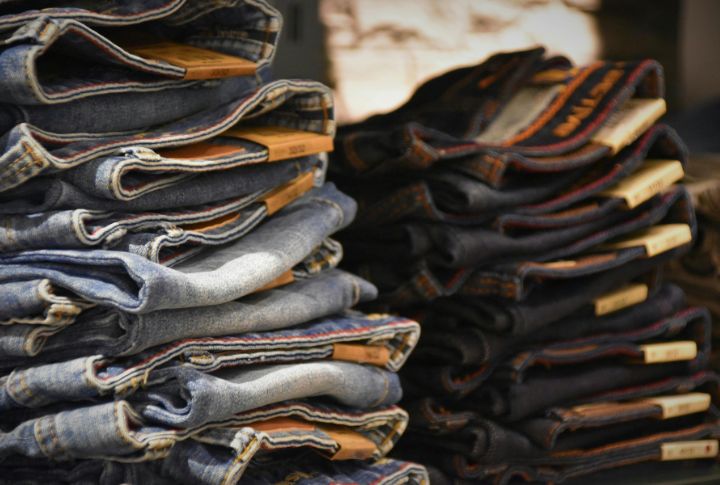
The idea that freezing jeans kills bacteria is a misleading idea despite being refreshing. Cold temperatures won’t eliminate odor-causing bacteria—just pause their growth temporarily. When your jeans thaw, those same microbes spring back to life. In the end, a washing machine remains undefeated in the battle against dirt.
Rice for Water-Damaged Phones

A popular emergency fix for soaked phones is to throw them into rice. However, it’s far from ideal. Rice particles can sneak into ports, which worsens the situation. Additionally, it doesn’t absorb water quickly enough to prevent internal damage. Professional drying solutions or silica gel are far better lifelines for tech mishaps.
Baking Soda as a DIY Face Scrub
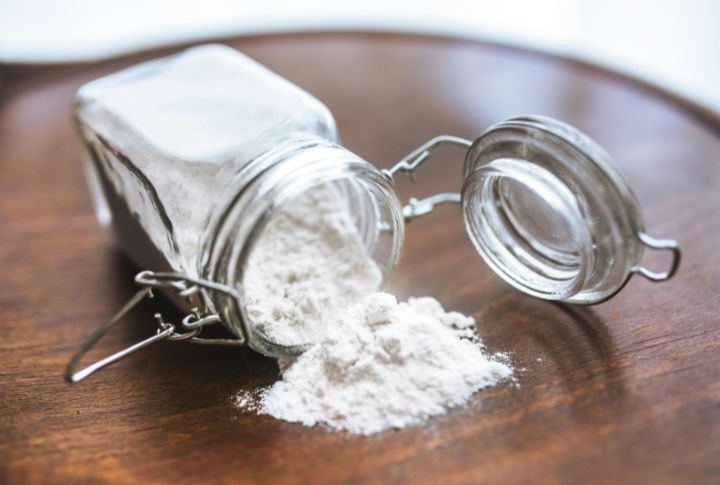
The gritty texture of baking soda might seem perfect for exfoliating; the problem is that it disrupts your skin’s pH balance and strips away natural oils. The result? Dry, irritated skin that’s anything but glowing. When it comes to skincare, professional products are far safer. Let pantry staples stay in the kitchen hamper.
WD-40 for Fixing Squeaky Door Hinges
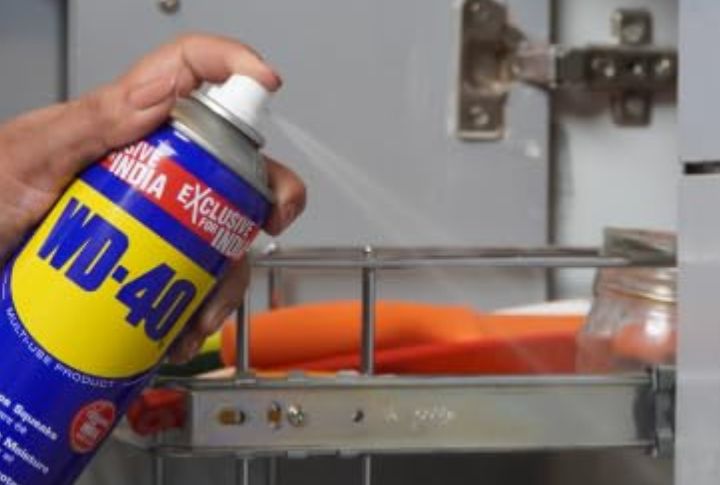
Spraying WD-40 silences the squeaks instantly. It’s also only a temporary fix. Over time, the lubricant evaporates and attracts more dust and grime to worsen the problem. A better long-term solution is using dedicated silicone-based lubricants to keep hinges quiet and avoid the sticky aftermath altogether.
Duct Tape for Temporary Car Repairs
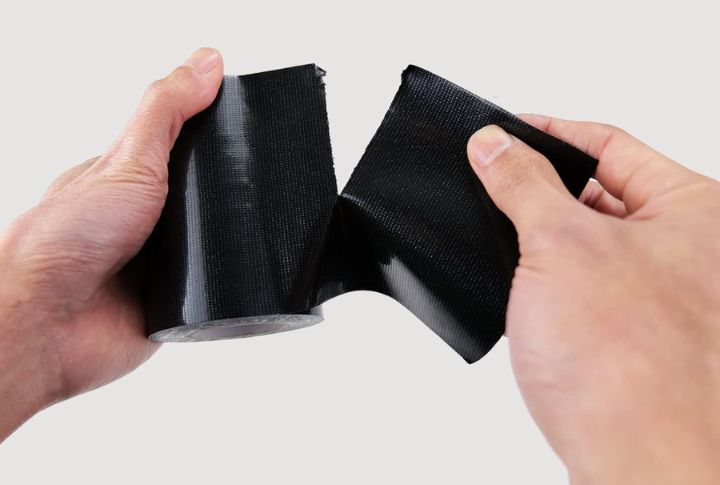
You might want to take a reliable automotive fix instead of relying on duct tape for car repairs. While duct tape seems like a quick solution, its dependability is questionable, especially when extreme heat or rain can loosen the adhesive. A proper repair may take longer, yet it will keep you safe on the road without the risk of being stranded.
Microwaving Sponges to Kill Germs
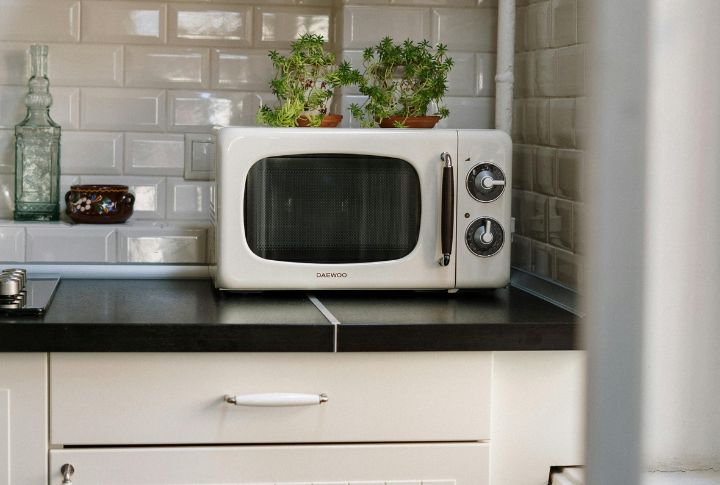
Microwaving a dirty sponge does kill some bacteria. Unfortunately, it won’t eliminate all harmful microbes. Worse, microwaving can release unpleasant odors and even cause fires if sponges contain metal fibers. A safer alternative? Replace sponges regularly or disinfect them with diluted bleach to keep things clean—and fire-free.
